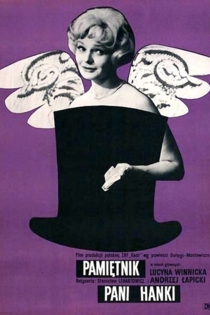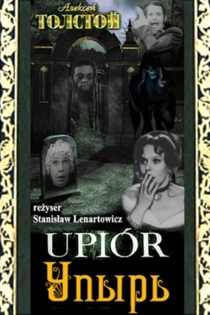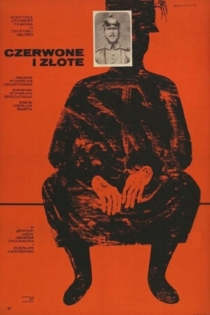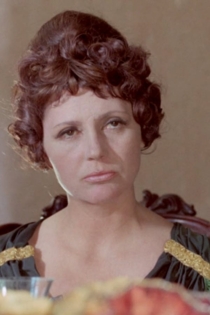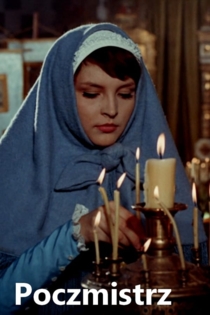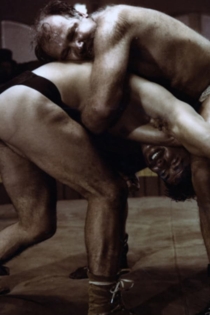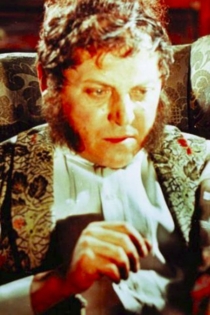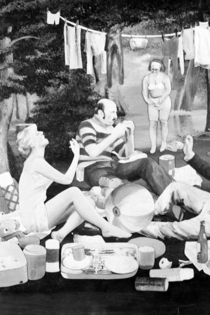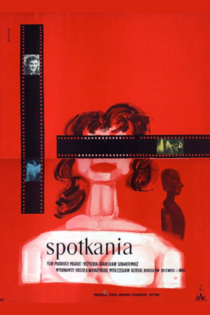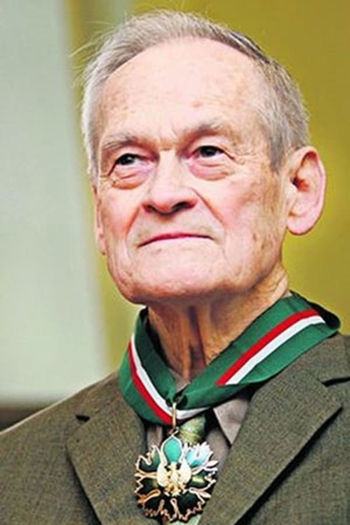
Stanisław Lenartowicz
1921 - 2010He began directing films for the Educational Film Studio in Łódź, with which he cooperated in 1952-1955. It was there that he made Miniatury Kodeksu Behema/The Behem Code Miniatures (1953), awarded the Special Award at the Oberhausen festival five years later. Later, he adapted the novel by Stanisław Dygat as part of the film Trzy starty/Three Takeoffs (1955).
His film debut, Zimowy zmierzch/Winter Dusk (1956), sparked violent disputes and polemics among Polish film critics; on the backdrop of the socialist realist poetics of that era, the film stood out with its innovative narrative and visual layers rich in meanings. His subsequent films, Pigułki dla Aurelii/Pills for Aurelia (1958) and Giuseppe w Warszawie/Giuseppe in Warsaw (1964), addressed the subject of war, but presented it in a way stripped of heroism. He also depicted the forgotten world of the Polish provinces, focusing on observations of detail and mentality (Czerwone i złote/Red and Gold, 1969, based on writings by Stanisław Grochowiak, an award at the Valladolid festival). He addressed the maritime theme twice: in Cała naprzód/Full Steam Ahead (1966) and Martwa fala/ Still Wave (1970). He also attempted to adapt the prose of Tadeusz Dołęga-Mostowicz in Pamiętnik pani Hanki/The Diary of Mrs. Hanka (1963). On the set, he gladly collaborated with Zbigniew Cybulski.
Lenartowicz’s interest in Russian culture is reflected in the television series he directed which are adaptations of classic Russian novels. They were made at the request of Canadian television in the late 1960s. These include the movies Brawler (based on Turgenev), Phantom (Tolstoy), Postmaster (Pushkin) completed in 1967. In 1979, he directed Strachy/Spooks, a series based on the prose of Maria Ukniewska, about the life of Warsaw actors. After the introduction of martial law, he retired from the profession.
In 1959, he received the Award of the City of Wroclaw; a year later, he was also awarded the Gold Cross of Merit. At the end of his life, he was awarded the Gold Medal for Merit to Culture – Gloria Artis. He died on October 28, 2010, in Wrocław.
by Beata Pieńkowska
From Polish Film Academy - History of Polish Cinema
http://akademiapolskiegofilmu.pl/en/historia-polskiego-filmu/directors/stanislaw-lenartowicz/65
Giuseppe in Warsaw
Stanisław Lenartowicz
Elżbieta Czyżewska, Antonio Cifariello
The Italian soldier Giuseppe Santucci, on his way home from the Russian front, during World War II (in 1943), has his machine gun stolen in Warsaw. Afraid of consequences, he stays in Warsaw and occupies a flat of the Polish girl Maria, whom he suspects of stealing weapon. Maria indeed is an active member of the Polish resistance, contrary to her brother, Staszek, a painter, who only wants a calm living. In a course of funny events, Giuseppe falls in love, and, along with Staszek, becomes a hero of the Polish resistance.
Giuseppe in Warsaw
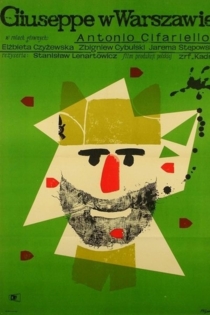
Trzy starty
Czesław Petelski, Stanisław Lenartowicz
Zbigniew Cybulski, Elzbieta Polkowska
Three separate short stories about young athletes who lose their chances of success. Young swimmer - because of unhappy love. Boxer because of a fight with hooligans, for which the judges will disqualify him. But the cyclist must decide for himself what is more important for him: victory or friendship.
Trzy starty
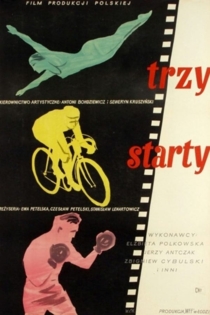
Zimowy zmierzch
Stanisław Lenartowicz
Wlodzislaw Ziembinski, Maria Kierzkowa
Rumsza, the elderly railwayman, leading a sedate life with his wife, misses his only remaining son (two older boys were killed in the war). Joziuk finally returns from the military in the first scene but with the pregnant Zosia, while Rumsza expected him to marry Celinka, the daughter of Krywka, his only friend and neighbour. The hero will not accept the new situation; he throws his son and Zosia out of his house. Celinka is distressed but she still harbours hope for Joziuk. The birth of the child changes the situation: Rumsza accepts his son's relationship but Celinka decides to leave.
Winter Twilight
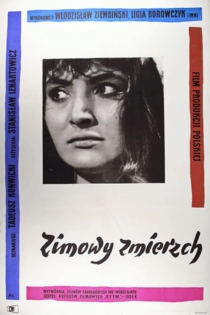
To ja zabiłem
Stanisław Lenartowicz
Joanna Bogacka, Maciej Góraj
During a routine traffic stop, the police discovers the body of a girl in the trunk of a truck. Since the dead girl spent the night before with the driver of the car, he becomes the prime suspect. In the course of the trial uncomfortable truths surface.
I killed
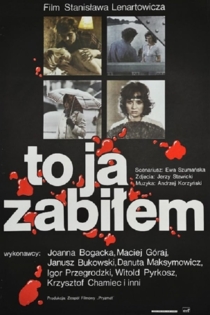
Pigulki dla Aurelii
Stanisław Lenartowicz
Jerzy Adamczak, Andrzej Hrydzewicz
Action drama that takes place in Poland during World War 2. Soldiers of the Polish underground resistance army (AK - National Army) prepares to break into a prison to release their friend imprisoned by Gestapo. The story focuses on their attempt to attempt to acquire guns, but the plot is not going according to the plan...
Pills for Aurelia
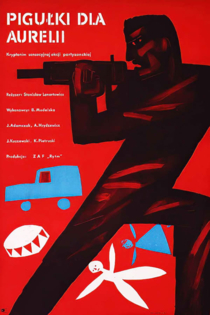
Pamiętnik pani Hanki
Stanisław Lenartowicz
Lucyna Winnicka, Andrzej Łapicki
The young and beautiful wife of a prominent diplomat complains of boredom. To change her monotonous life, she has an affair, through which she gets entangled in intrigues and espionage affairs. (telemagazyn.pl)
Mrs. Hanka's Diary
